
Before flibanserin, there were no FDA-approved treatments for hypoactive sexual desire disorder. The authors clarify the intricacies of an HSDD diagnosis and discuss implications for treatment.

Before flibanserin, there were no FDA-approved treatments for hypoactive sexual desire disorder. The authors clarify the intricacies of an HSDD diagnosis and discuss implications for treatment.

Researchers conducted a clinical trial comparing light therapy with antidepressant monotherapy. Here's what they found.

There is no one-size-fits-all solution to how people and cultures should respond to overwhelming stress, depression, and trauma.

Although college students are in many ways similar to any patient in their age group, their environment and stressors differ in significant ways. The authors identify issues to consider in assessing and managing suicidality in this population.

Intended for short-term use, this treatment is associated with specific diagnostic and symptom characteristics, with anhedonia being a stand-out.

Researchers looked into the efficacy and value of TMS for treatment-resistant depression.

If serotonin was once American psychiatry’s “high school crush,” the field now appears wedded to a more mature model of biological and psychosocial understanding.

Comorbid medical symptoms, polypharmacy, and cognitive decline are hallmarks of depression in the fastest growing segment of the population.

An update on what happens in the brain when the mind is engaged in psychotherapy.
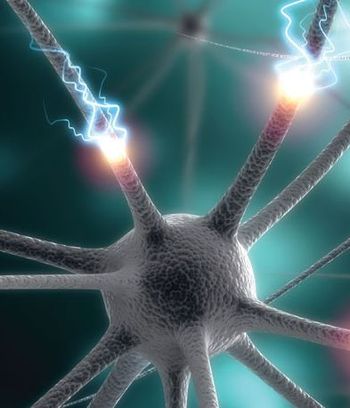
The Editor in Chief of Psychiatric Times discusses some of our new initiatives to bring readers the most up-to-date information in the field of psychiatry.
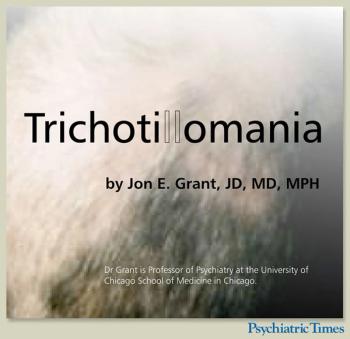
Hair-pulling can be associated with depressive symptoms and anxiety. While treatment is often elusive, some therapies have been found to be effective. This slideshow reviews noteworthy studies for clinicians to review.
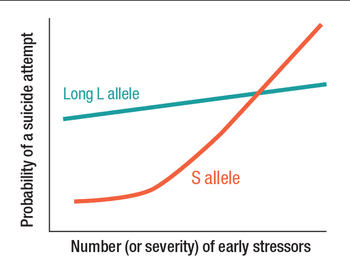
Striking findings on the relationship between stress and depression.

Twenty years ago, it was rare for college students to mention suicidal thoughts, and even more rare to involve parents in their care. Today, students are more likely to describe suicidal ideation, necessitating a more thorough safety assessment with potential outreach to parents.

Experts summarize data on the role of inflammation in psychiatric disorders, emphasizing that evidence for anti-inflammatory treatment for mood disorders is limited, and mixed.

Simply telling patients “we don’t know how ECT works” neglects our abundant knowledge of what this treatment does. The authors review biological actions of ECT and discuss future directions for research.
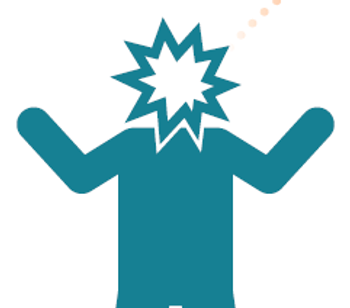
Is negative perceptual bias a trait of persons prone to major depressive disorder or a modifiable symptom of the current depressive state?

Recent studies find powerful biological changes associated with mind-body interventions comparable to those associated with conventional antidepressants or psychotherapies.

Over the past 10 years, a growing literature has documented the significantly increased rates of stress, burnout, depression, and suicidal ideation in medical students.

Dr David Osser offers compelling reasons why you might want to take a look at these 7 algorithms, each of which offers actionable consultations-usually in under 2 minutes.

Circadian components are profound in depressive disorders, such seasonal affective disorder. This article introduces a course to be given at this year’s APA Meeting in Toronto, on melatonin and light treatment.
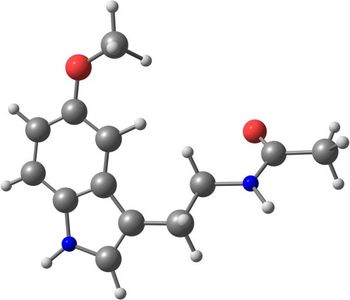
The SRT polymorphism is one of the most well studied genetic variations affecting mood disorders. Once personal genetic information is readily available, can we help patients understand the implications of their results?

This review covers recent advances in ECT technique, post-ECT management, and theories of mechanism of action. It will focus on the use of ECT in depression, the most common indication for ECT in clinical practice.

In the US, depression ranks fifth in the number of disability-adjusted life years lost due to illness and employment problems often persist, even if help is sought. Helping those who want and/or need to work is part of providing comprehensive, patient-centered care.

An overview of the largest study to examine persistent pulmonary hypertension in newborns (PPHN) exposed to antidepressants late in pregnancy.

Psychiatrists who treat women and adolescent girls may find it necessary to discuss with their patients reproductive planning and the role of contraception in setting comprehensive treatment goals. Here's why.